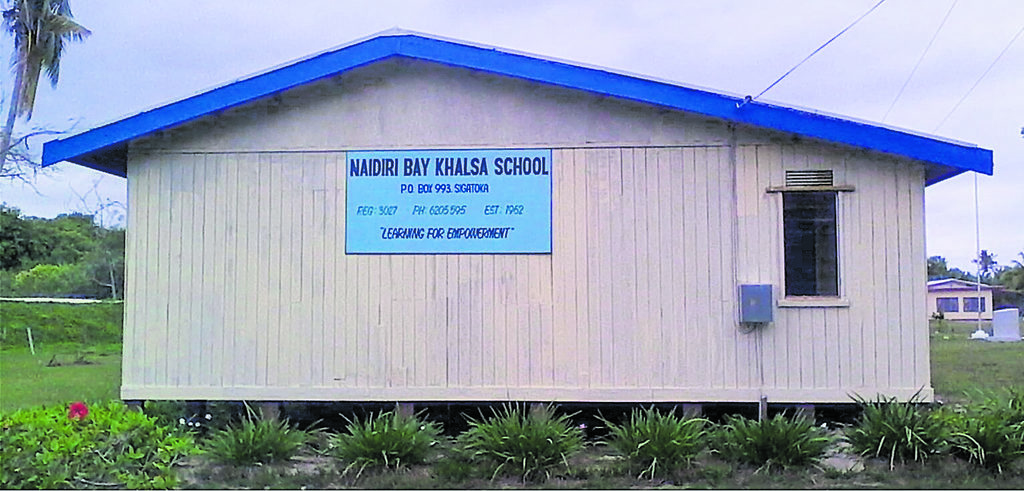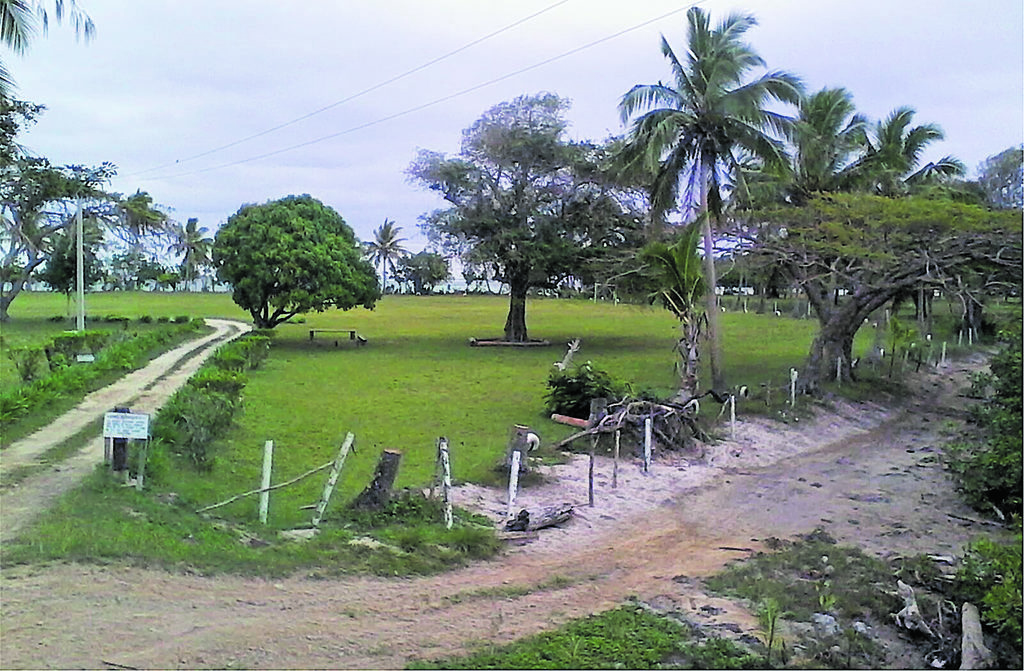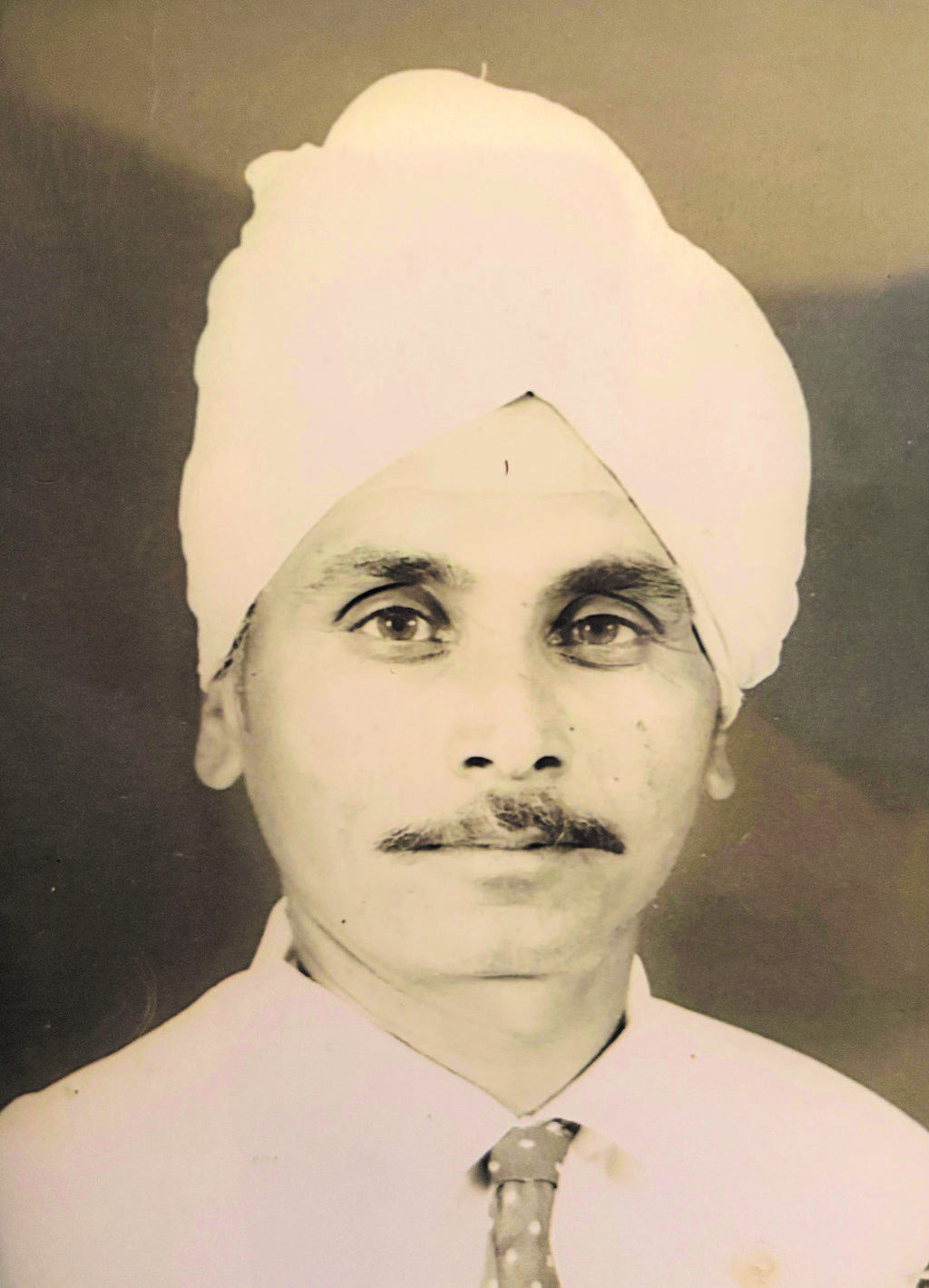In the mid-1900s, the Naidiri Bay region was home to a hard-working farming community, many of whom were descendants of indentured labourers.
The school said that access to quality education was scarce, with children traveling long distances, often on foot, to attend school.
“Many families, constrained by poverty, kept children at home to help in the fields,” the school said.
The school said a vision was brought forth by a man who never afforded the gift of a formal education but understood its immeasurable value.
Sardar Najar Singh was unable to read or write but a feeling ignited within him an unwavering determination that no child in his community should suffer the same fate.
Mr Singh gave agricultural land to become the permanent site for what would become Naidiri Bay Khalsa School.
Information provided by the school said Mr Singh’s decision spoke volumes of a commitment to service that transcended personal gain.
This vision, to uplift the next generation through learning, became the very soul of Naidiri Bay Khalsa School.
With the combined efforts of community elders, religious leaders and local families, Mr Singh rallied support from nearby gurdwara and village heads, advocating for the necessary infrastructure and government recognition.
Groundbreaking commenced, and soon, simple structures of thatched or tin-roofed classrooms with wooden benches and chalkboards stood ready for eager students.
The school welcomed its first batch of students that included Sikh, Hindu and Indo-Fijian families, with a few iTaukei children.
Resources were scarce and the journey riddled with challenges.
The school said that initial funding was non-existent, the entire structure community-built through donated materials and volunteer labour.
Teachers were often underpaid or volunteered their time. Yet, the community held fundraising events like mela and community dinners and appealed to religious institutions and the Education Ministry.
Educated youth were encouraged to return and teach, some even accepting minimal salaries, but they all had a shared commitment.
Some families, particularly those with daughters, hesitated to embrace the idea of formal education.
The school said Mr Singh personally visited families, urging them to invest in their children’s future but more specifically encouraging them to let their daughters receive education.
Naidiri Bay Khalsa School’s values have been deeply rooted in Sikh and broader Indian traditions ever since its inception.
The school also embraced the Fijian national curriculum, offering subjects like English, iTaukei language, math, science and agriculture. Later it incorporated cultural studies that respected both Indian and iTaukei traditions, as well as technology and environmental awareness.
The school said that it has, over the decades, become a cultural and social anchor for the entire Naidiri Bay community, welcoming students of all ethnicities and religions and hosting interfaith celebrations for Easter, Diwali, Eid, Gurpurab and Christmas.
To date, the school continues to honour the legacy of Mr Singh through the alumni who have gone on to become civil servants, teachers, engineers, business owners and community leaders.
Generations of families have walked through its gates, finding education and a sense of belonging.
The school said the humble wooden rooms with corrugated iron roofs have given way to cement buildings, a library, science lab, teacher quarters and even solar panels, each improvement a testament to unwavering community effort.
During the COVID-19 pandemic the school adapted with remote learning and even provided food distributions for families.
Naidiri Bay Khalsa School stands as a testament to the power of Mr Singh’s selfless vision and an unyielding community spirit.
“More than a land donor, Najar Singh was the founding spirit, a quiet revolutionary who gave everything for a cause greater than himself. His single act of generosity continues to echo across time, transforming lives and shaping futures.
“May every student who walks through the school gates remember that their journey began with the courage and kindness of one extraordinarily man.”
Sardar Najar Singh gave agricultural land to become the permanent site for what would become Naidiri Bay Khalsa School. Picture. SUPPLIED

Naidiri Bay Khalsa School. Picture. SUPPLIED

The path leading to Naidiri Bay Khalsa School. Picture: SUPPLIED



